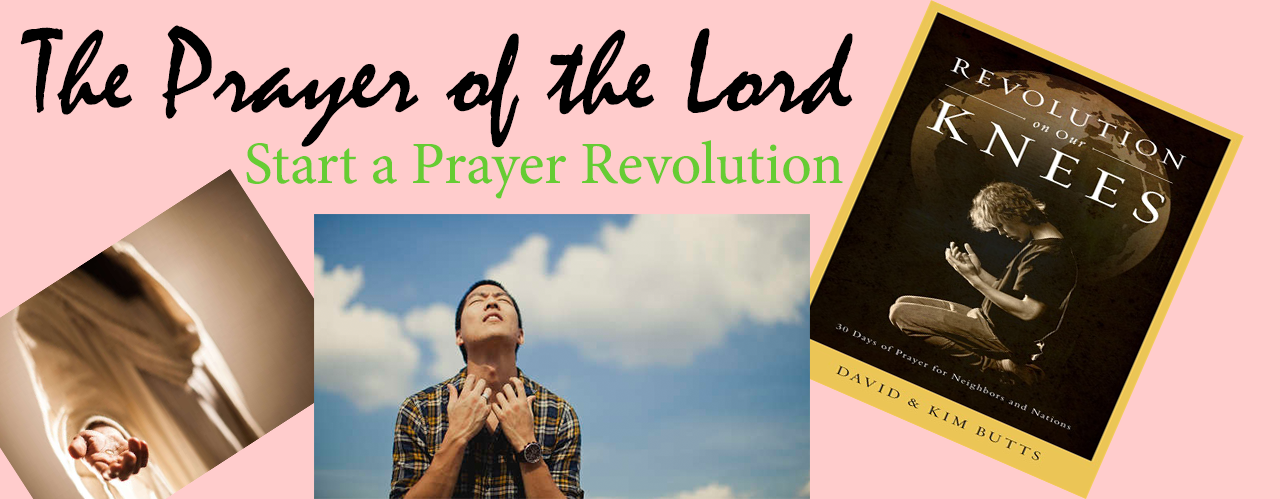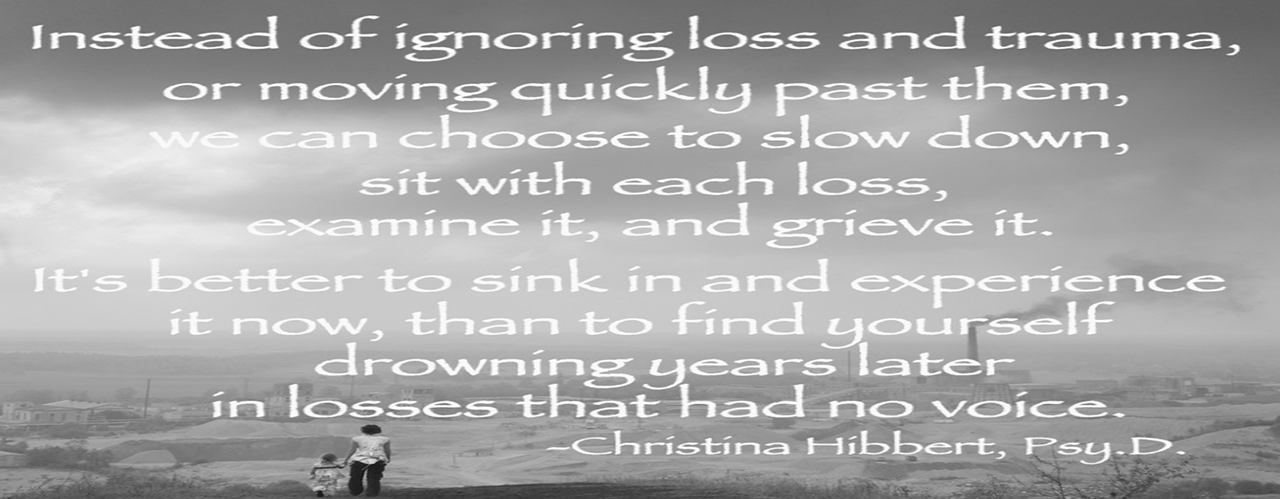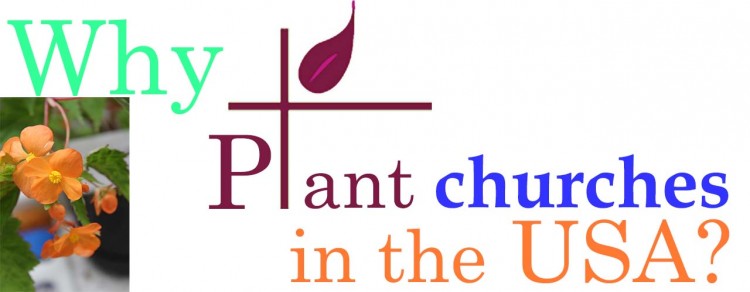O. Alan Noble | Followers of Christ are called to “hope all things.” According to Paul, this is one of the defining features of love. (image source)
I heard a story recently about a fairly well-known evangelical figure who was confronted about public statements he had made in writing and interviews. A fellow believer met and reasoned with him for several hours, explaining that he believed the leader had deceived his audience. When the facts became overwhelming, this influential evangelical conceded that he had been playing fast and loose with facts. However, since his overall message was true and important, he reasoned, it was justifiable to fudge the details in order to motivate voters to make the right decision.
You’re wondering who this evangelical leader is, but in a sense it doesn’t matter, because he could be just about anybody. The belief that American voters must be manipulated rather than reasoned with if we want to institute any meaningful change is endemic. But this belief is essentially nihilist because it makes all political discourse a matter of coercion, a matter of who is doing the coercing and to what ends. I call this nihilist because it makes power, not truth, goodness, or beauty, the foundation of politics.
Followers of Christ are called to “hope all things.” According to Paul, this is one of the defining features of love. If this is true, then for Christians, there is no room for nihilist politics. We are obligated to treat our neighbors as people who deserve honest appeals. This does not mean that all political discourse must be highly rational. There is a place for appeals to emotion, as well as to beauty. Don’t think I am denouncing all political ads that appeal to our emotions. While I do think that our politics could do with a great deal more logic and reason, I reject the idea that only what is rational is relevant to political discourse.
No, my objection is to appeals that are dishonest, and dishonesty can be cloaked in “reason” or “emotion” or “patriotism.” The most common and insidious form that this takes is the example I began with: when we lie about particulars in order to justify a general truth. I call this insidious because it occurs so subtly and is so easy for us to personally justify.
A recent high-profile example of apparent deception for a greater good came from presidential candidate Ted Cruz. According to some accounts, the senator used publically available voting data to shame neighbors into participating in the Iowa caucus. The Cruz campaign sent official-looking letters that urged Iowa residents to vote and gave them and their neighbors a letter grade for past voting. According to the New Yorker, these “grades” were made up and did not reflect residents’ actual voting history. This tactic received significant backlash from voters and Iowa state leaders alike. They felt it was coercive to use shame to get people to vote and deceptive for the Cruz campaign to assign letter grades to voting records, as if the grades were an official part of that record.
Cruz isn’t the first candidate to use this strategy. In 2012, President Obama’s reelection campaign used a similar strategy. The MoveOn campaign mailed out 12 million letters that used “social pressure” to drive voters to the polls. Apparently across the aisle, politicians believe that manipulative, deceptive practices are sometimes necessary to win bigger, more important battles.
But it’s not just political elites who fall into nihilism, where truth is subservient to the power to persuade. Our public conversations about news events and politics often fall into this, too. Let’s say I share a sensational news report about something that Sarah Palin recently said. I add some commentary to the post about how the quotation represents how ignorant Palin is, and several of my friends join in the mockery. Then another friend points out that she never actually made that statement. Embarrassed and anxious to save face, I reply, “Sure, this quotation is fake, but she says stuff like this all the time. The point is, she’s ignorant.”
The problem with this justification, aside from it being an excuse for deception, is that particulars do matter. Maybe Palin has said some outlandish things in her career, but if she hasn’t said those particular words, then by sharing that story you are changing the way people understand her. Put differently, even when a general idea is true, if we misrepresent the particulars, we will necessarily misrepresent the general truth.
As Christians, we should know better than to spread untruths, even when we believe they further a greater, worthy cause. But if you pay attention, you will find people from elite politicians to average citizens accepting and practicing a political nihilism. The fear is that if we don’t exaggerate the facts, if we don’t overstate our argument, if we don’t make a threat sound more serious than it really is, if we don’t make up a few stories that could be true in some sense, then voters won’t be moved to act. And everything will remain the same or get worse.
What this logic assumes is that we cannot trust our neighbors. That we cannot hope all things about them and their ability to reason, understand complex issues, and vote. We treat our neighbors as children who have to be tricked in order to get them to do what we believe is best for them. This kind of hopelessness and disregard for our neighbors is paternalistic and unloving. And this logic denies the sovereignty of God by suggesting that we have cheat to save our country. If God is truly God, then recourse to sin is never necessary to make the world a better place, even in politics.
Hoping all things about our neighbors does not mean that we must be naïve. Not everyone has a college degree, not everyone has time to sort through the rationale between different policies, and not everyone has the resources to fact-check arguments they hear. To be realistic and yet hope all things means that we desire and hope our neighbors will engage thoughtfully with an issue at the level they are capable of given their life situation. The difference is that we should never lose hope in reasoning together such that we resort to coercion and power for the “greater good.”
As this political season rolls on, remember to love your voting neighbors, regardless of who they support and why. Love them, and in that love, hope that they can be reasoned with.
O. Alan Noble, Ph.D., is editor in chief of Christ and Pop Culture and an assistant professor of English at Oklahoma Baptist University. He received his Ph.D. from Baylor in 2013. He and his family attend City Presbyterian in OKC. You may not follow him on Twitter.










